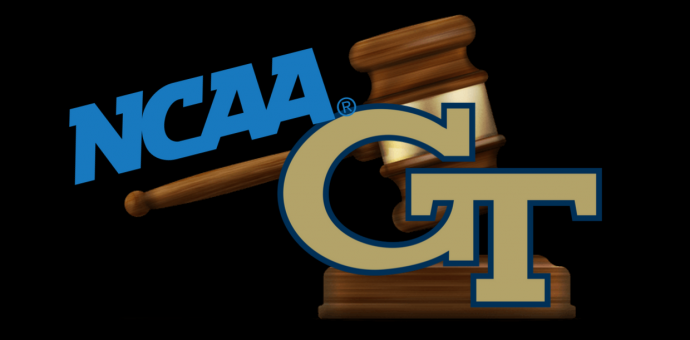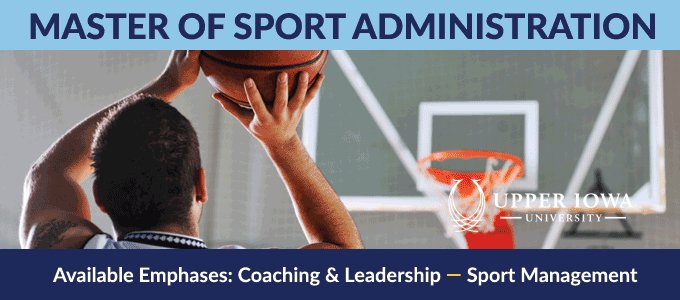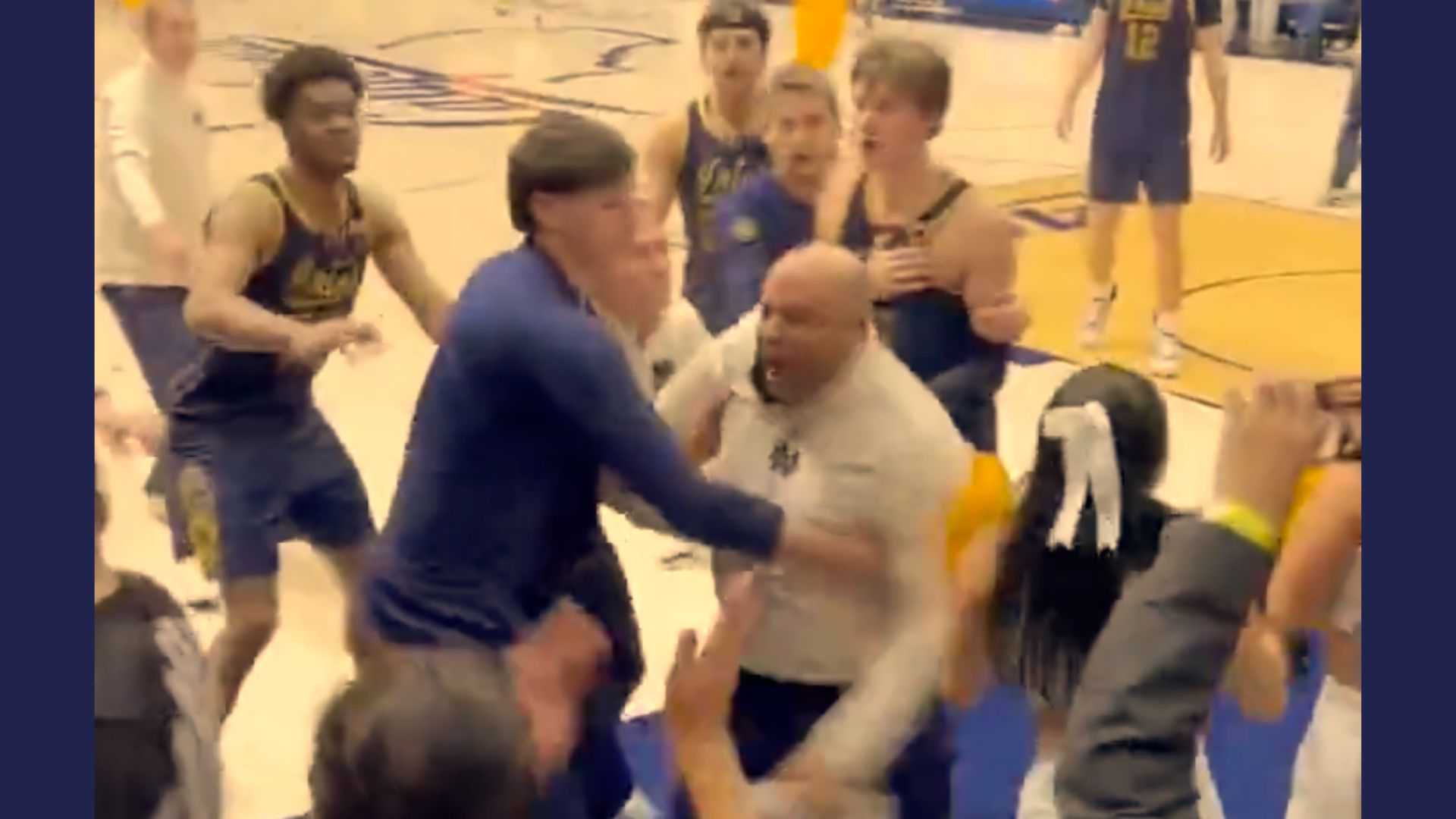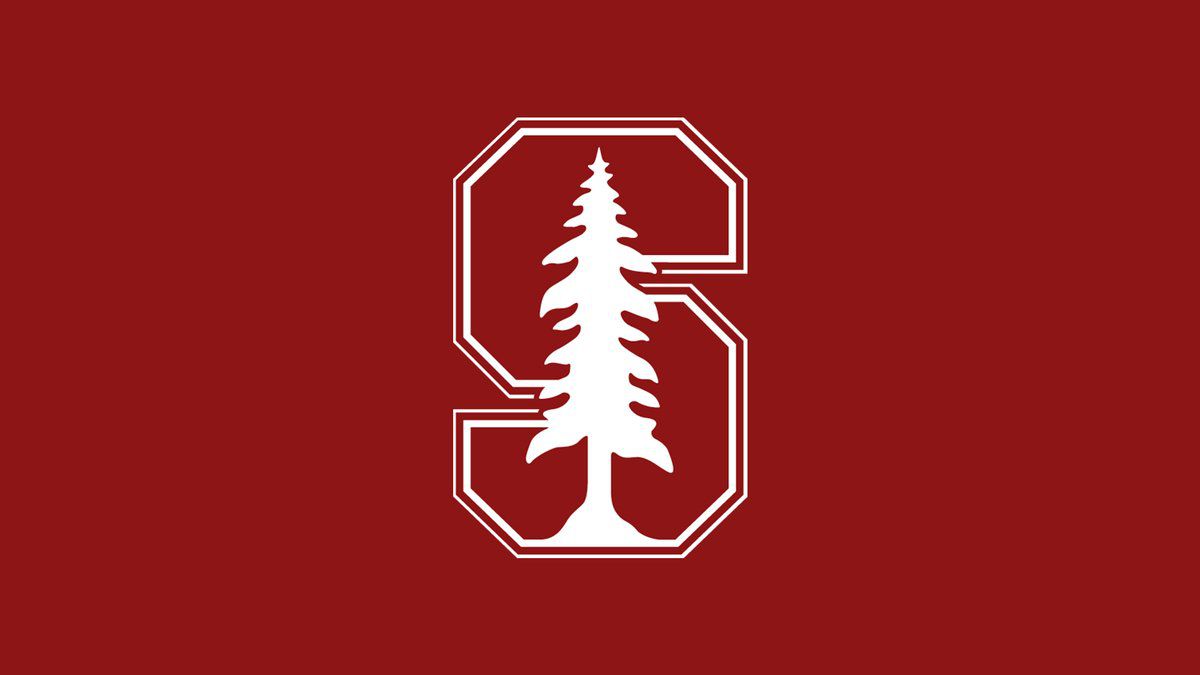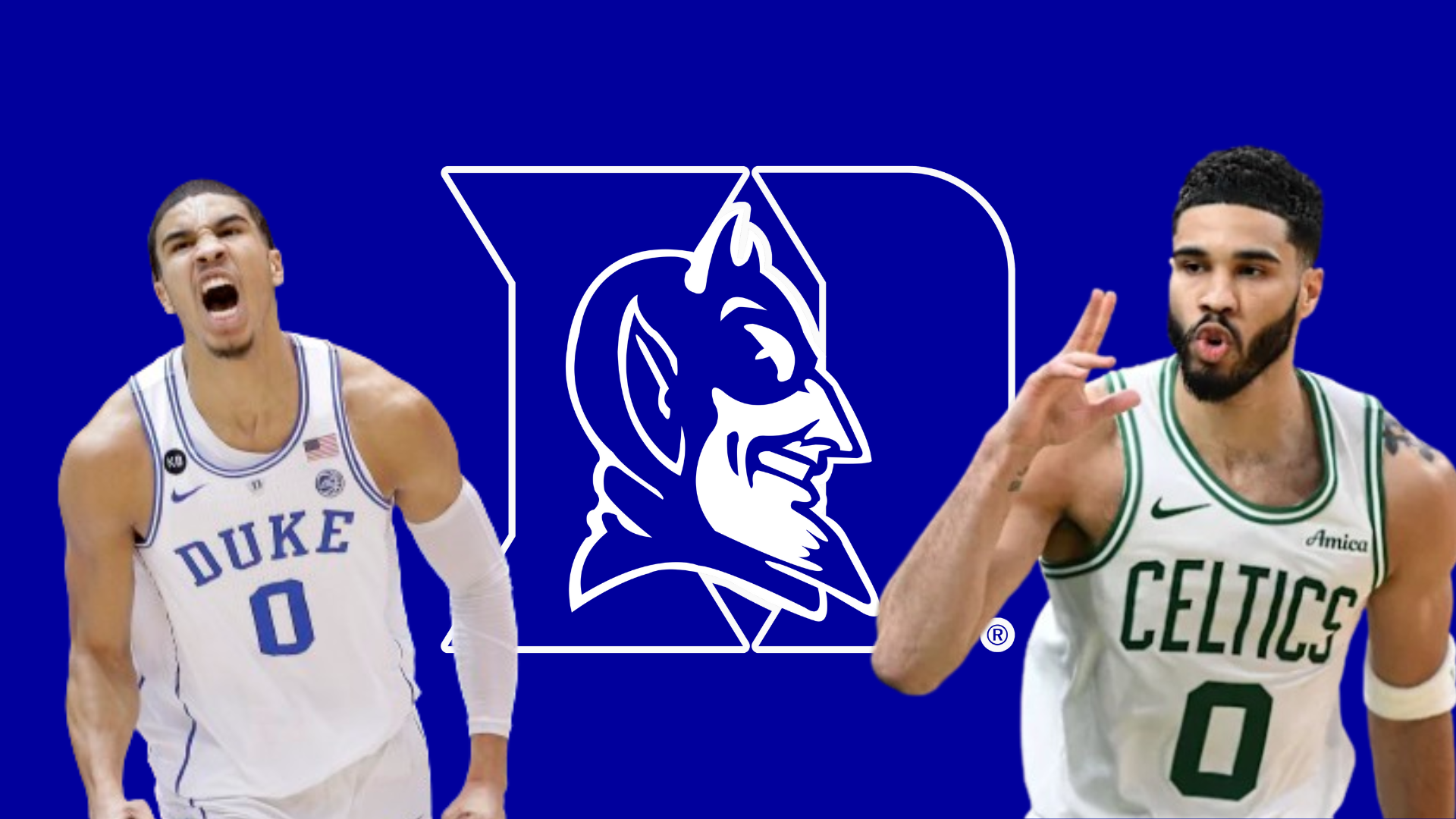The NCAA released their infractions findings and penalties today surrounding their investigation into the Georgia Tech Men’s Basketball program, and the involvement of two boosters. The penalties are as follows the full report can be read below that):
- Four years of probation.
- A 2019-20 postseason ban for the men’s basketball team.
- A fine of $5,000 plus 2% of the men’s basketball program budget.
- A reduction of one men’s basketball scholarship during each year of probation.
- Recruiting restrictions for the men’s basketball program that will apply for each year of probation, including:
- An eight-week ban on unofficial visits.
- A three-visit reduction from the permissible number of official visits.
- An eight-week ban on recruiting communications.
- A reduction of 19 recruiting-person days from the permissible number.
- A three-year show-cause order for the former assistant coach. During that period, any NCAA member school employing him must restrict him from any athletically related duties unless it shows cause why the restrictions should not apply.
- A vacation of records in which the men’s basketball student-athletes competed while ineligible. The university must provide a written report containing the contests impacted to the NCAA media coordination and statistics staff within 14 days of the public decision release.
- A prohibition from scheduling official visits in conjunction with home men’s basketball competitions during the first two years of probation.
- Disassociations of the following individuals (self-imposed by the university):
- A three-year disassociation of the former assistant coach.
- A three-year disassociation of the former Georgia Tech men’s basketball student-athlete and booster.
- A disassociation of the head coach’s friend and booster.
REPORT (Full PDF of public infractions decision HERE):
Two Georgia Tech boosters provided impermissible benefits to the men’s basketball program, according to a Division I Committee on Infractions panel.
“Both sets of violations occurred because men’s basketball coaching staff members invited outside individuals into their program,” the committee said in its decision. “They permitted these outside individuals to interact with their student-athletes, and those actions resulted in violations.”
The first set of violations resulted from the recruitment of a highly touted prospect, according to the committee. While the prospect was on campus for his official visit, a former assistant coach arranged for the prospect and his student-athlete host to interact with a booster, who was a former Georgia Tech basketball student-athlete and at the time played for the local NBA team. The plans included a visit to the booster’s home, a trip to a strip club and a free meal at a lounge owned by a local NBA player. The booster got the prospect and host into the club without paying a cover. Once inside the club, the booster provided the prospect and the host with $300 each to spend at the club.
The committee stated firmly that adult entertainment has no place in the recruiting process because coaches and others in a position of trust are responsible for the well-being of high school students visiting their campus.
The former assistant coach violated NCAA ethical conduct rules when he did not cooperate with the investigation. After initially denying any involvement during his first interview with NCAA enforcement staff, the former assistant coach admitted that he arranged the impermissible activity with the booster. The former assistant coach also tried to get the student-athlete host to lie about what happened, according to the committee.
Shortly after the prospect’s official visit, the committee said another outside individual who was with a friend of the head coach began interacting with men’s basketball student-athletes. The committee found that the head coach repeatedly cautioned the booster never to provide anything to student-athletes. Despite this caution, the committee said the booster provided two men’s basketball student-athletes and a potential transfer student-athlete with $2,424 in shoes, clothes, meals, transportation and lodging. The booster directed the student-athletes to never tell the head coach about the gifts and benefits.
The booster also engaged in impermissible recruitment when he texted and called the potential transfer student-athlete. The potential transfer was a student-athlete from the head coach’s previous school, and the booster had maintained a personal friendship with him. The booster made the head coach aware that he continued to communicate with the potential transfer, but the head coach did not report any concern to the compliance office because he did not believe his friend triggered booster status.
When the head coach’s friendship with the booster ended abruptly, the booster informed the head coach about the impermissible benefits provided to the two student-athletes. The head coach immediately notified the associate athletics director and chief compliance officer about the violations when he learned about them.



